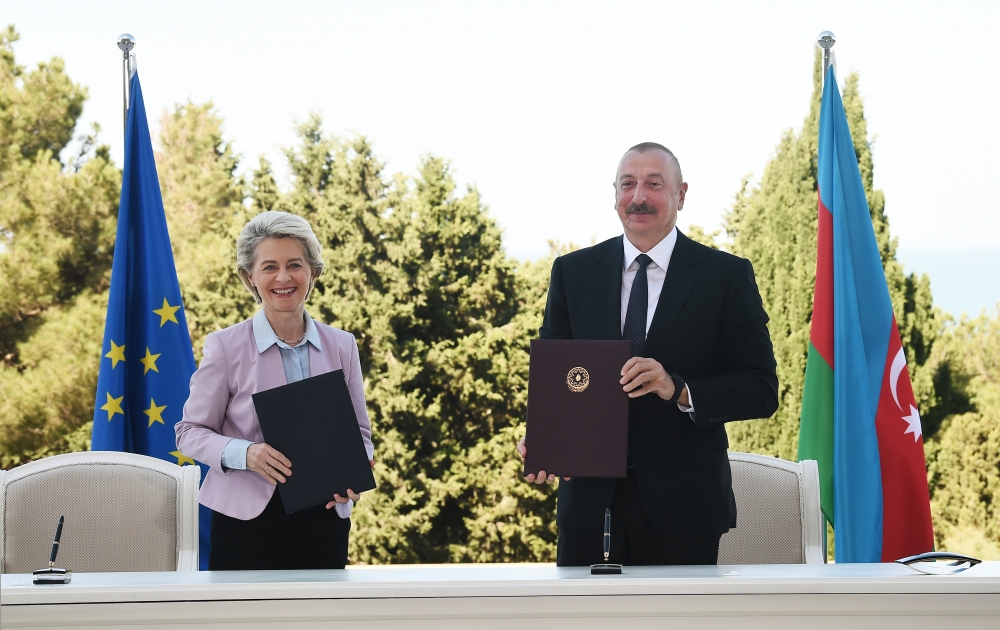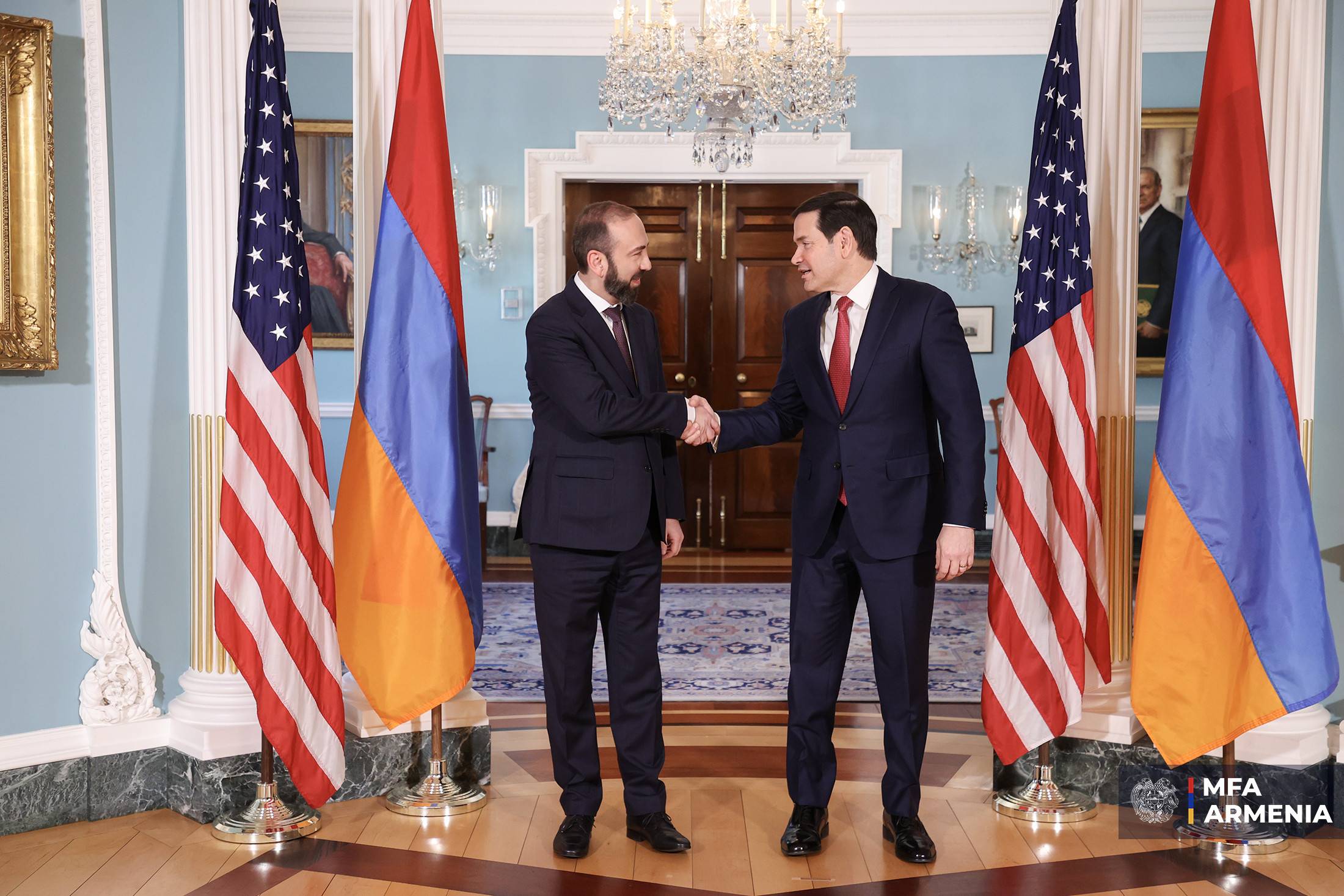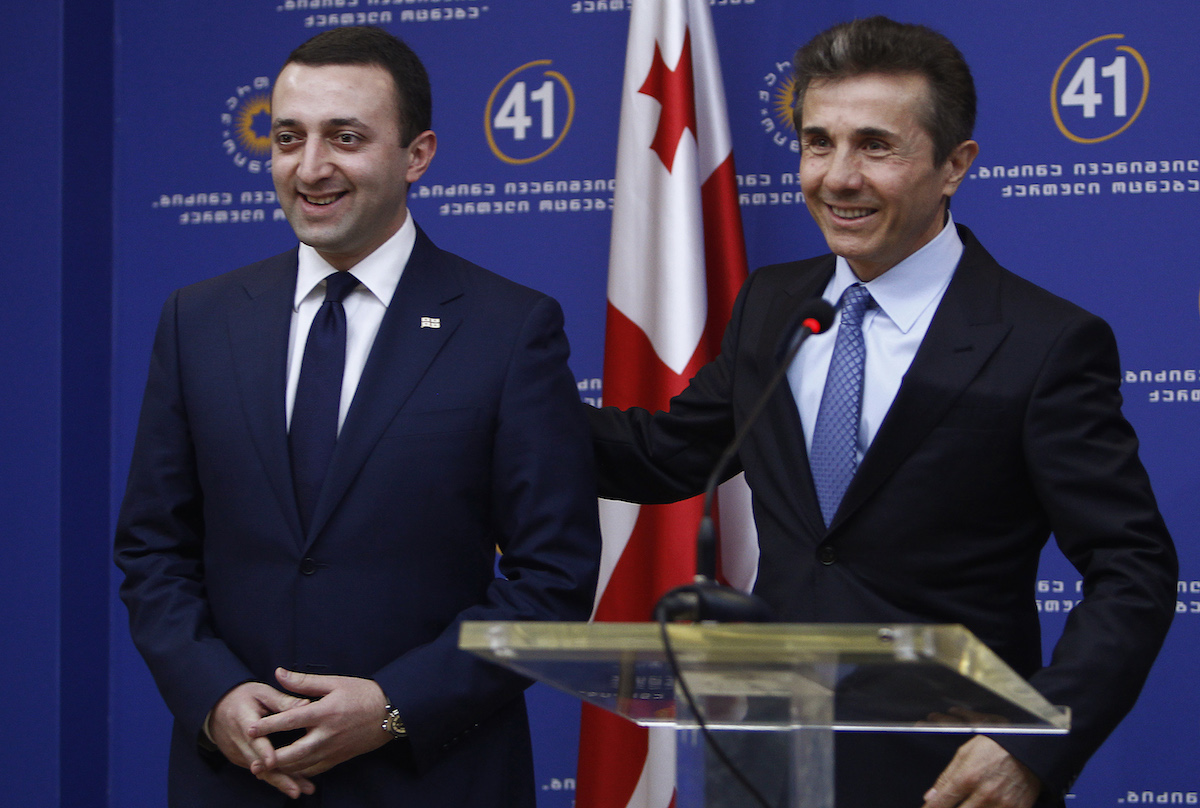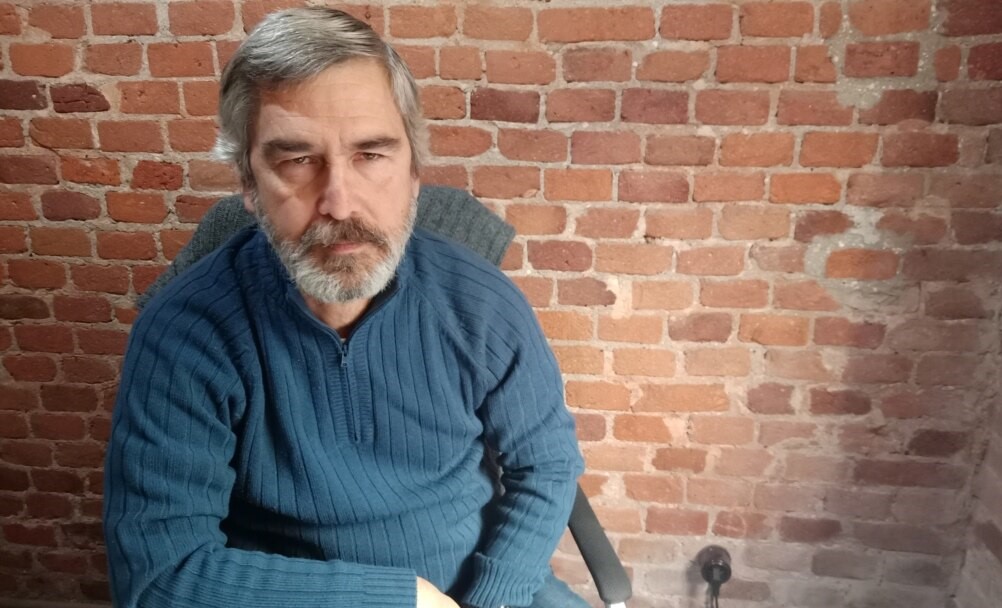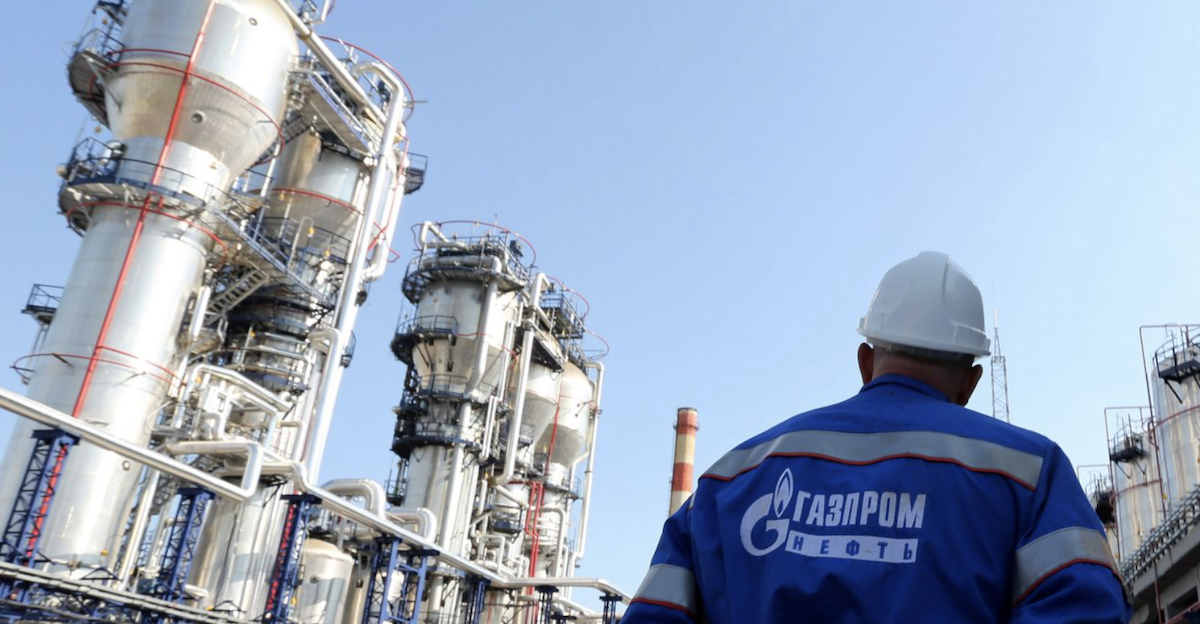US State Department: "Corruption remains a serious problem for companies in Azerbaijan"
State Department on investment climate in Azerbaijan
The overall investment climate in Azerbaijan is improving, though significant challenges remain, according to a document entitled “Investment Climate Statements 2022” released by the US State Department. The report says that corruption remains a serious problem for companies operating in Azerbaijan.
- “Azerbaijani government still feels vulnerable” – opinion from Baku
- Georgian oligarch addresses Swiss parliament, politicians and financiers through lawyers
- “There is no urgent need for air transport of goods with Turkey” – Economic Minister of Armenia
The United States Department of State has released its 2022 Investment Climate Statement. The document covers 160 countries. Ukraine and Russia were excluded. The US Foreign Office explained that it is impossible to collect information on Ukraine while the occupation war is going on. There is no information on the investment climate in the Russian Federation due to sharp changes in the Russian economy arising from international sanctions imposed on the country.
“Serious problems remain”
In the Azerbaijan part of the report, the State Department notes that the overall investment climate in Azerbaijan is improving, though serious problems remain.
“The Azerbaijani government has sought to attract foreign investment, enact reforms to diversify its economy, and stimulate private sector-led growth. However, Azerbaijan’s economy remains heavily dependent on oil and gas production, which accounts for approximately 88% of export earnings and more than half of the state budget. Azerbaijan’s economy grew by 5.6% year-on-year in 2021, compared to a contraction of 4.3% in the previous year,” the document says.
They emphasize that both the oil and gas (1.7%) and non-oil and gas (7.2%) sectors of the Azerbaijani economy expanded as the economy recovered from the pandemic. While the oil and gas sector has historically attracted the largest share of foreign investment, the Azerbaijani government has chosen four non-oil sectors for economic diversification: agriculture, tourism, information and communication technology (ICT), and transport/logistics.
Measures taken in recent years to improve the business climate, and reform the economy as a whole, include eliminating redundant categories of business licenses, granting licensing powers to the popular public service centers “Azerbaijan Service and Assessment Network (ASAN)”, simplifying customs procedures, suspending some business inspections, and reforming the tax system, noted the American analysts who prepared the report.
A separate part of the document is devoted to measures taken by the Azerbaijani government to combat the coronavirus pandemic.
“In 2021, Azerbaijan allocated AZN 800.8 million ($471 million) from the state budget to support COVID-19 mitigation measures, including the purchase of vaccines, bonus payments to healthcare workers, and the operation of mobile hospitals,” the document says.
“Corruption remains a major problem for companies”
“Despite significant efforts to open up the business environment, the structural reforms needed to create a diversified and competitive private sector are still slow, and corruption remains a major problem for companies operating in Azerbaijan.
“The economy is dominated by a small group of state-linked holding companies. Intellectual property protection is improving but remains inadequate, and there is a lack of judicial transparency,” the US State Department report reads.
But it is also noted that, in accordance with the legislation of Azerbaijan, foreign investments enjoy full and unconditional legal protection and cannot be nationalized or appropriated, except in special circumstances. Individuals are free to create, acquire and dispose of shares in commercial enterprises. Foreign citizens, organizations and businesses can lease but not own land.
The report further states: “The Azerbaijani government has shown no signs of discriminating against US individuals or entities through illegal expropriation. The US-Azerbaijan Bilateral Investment Treaty (BIT) provides US investors with the opportunity to resolve investment disputes through the International Center for Settlement of Investment Disputes (ICSID). The average time it takes to resolve international business disputes through national courts or alternative dispute resolution varies greatly.”
On the restoration and demining of territories
The report of the American government reflects the work carried out by the Azerbaijani authorities in territory which returned to Baku’s control after the second Karabakh war.
“Following the release in November of a tripartite ceasefire declaration by Armenia, Azerbaijan and Russia which ended intense fighting in the Nagorno-Karabakh conflict in the fall of 2020, the Azerbaijani government is seeking new investment in areas around Nagorno-Karabakh that were previously under the control of pro-Armenian separatists. The 2022 budget of Azerbaijan provides for the allocation of 2.2 billion manats (1.3 billion US dollars) for the restoration and reconstruction of these territories.
“It is reported that these funds will be used to restore road infrastructure, electricity, gas, water, communication infrastructure, education and healthcare, as well as the restoration of cultural and historical monuments. The government is also undertaking clean energy projects in the region. Reconstruction is expected to continue in the coming years, along with the maintenance of special budget allocations for the restoration and settlement of these areas. The clearance of these territories as part of restoration remains a priority for the Azerbaijani government,” the document says.










